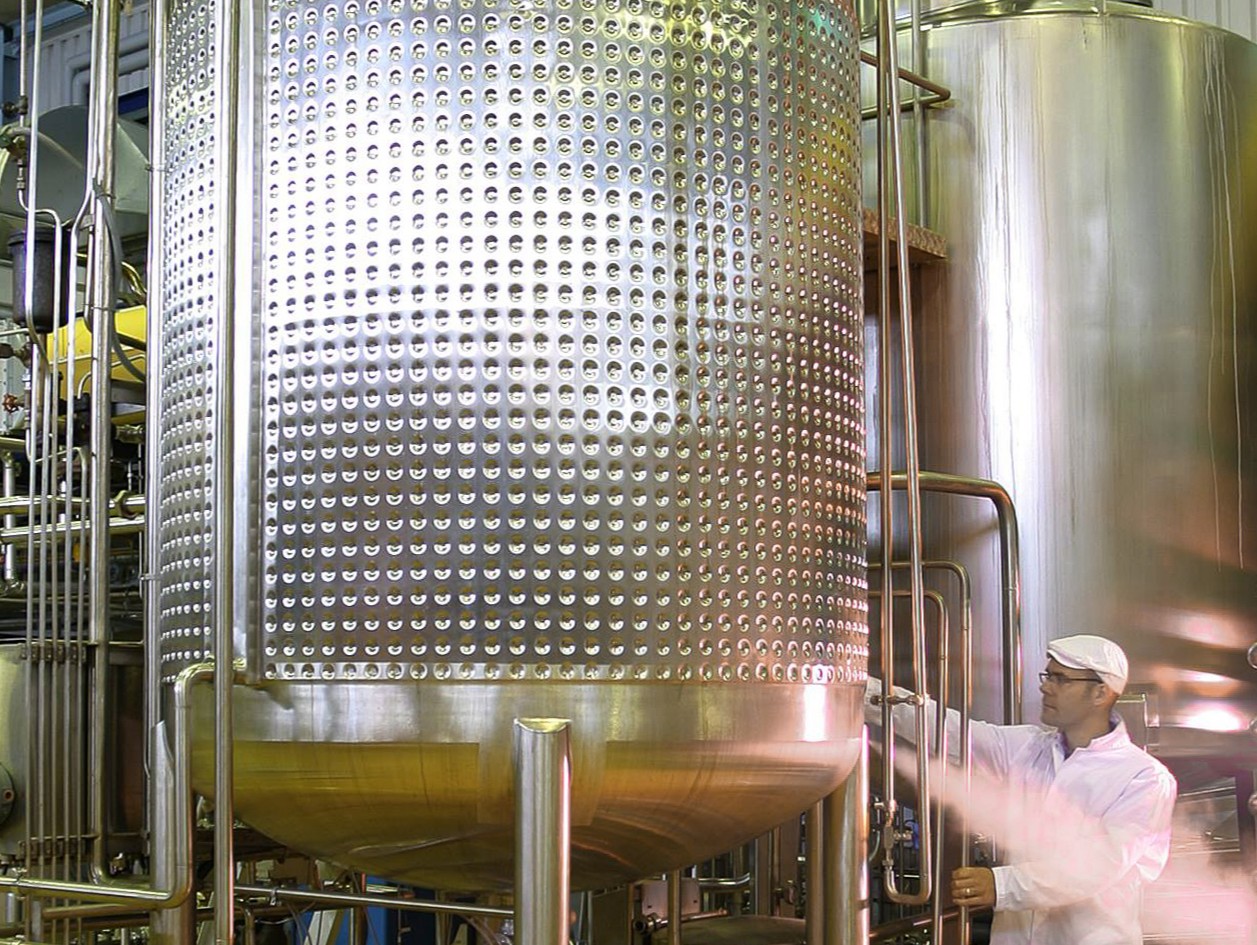
One consumer trend with significant impact on the food industry is ‘all natural’, and this trend is closely connected to the globally felt necessity to improve the sustainability of food production. Which technological possibilities can help manufacturers respond to this trend?
Gone are the days in which food production entailed the ever-further processing of raw materials. The strong consumer demand for more natural and less-processed food has caused a shift towards ‘minimal processing’ for ingredients and end products alike.
The focus is on using as few by-products as possible. An important technique here is to minimise the production process without losing essential product characteristics. The secret lies in valorising each raw material, or in other words gaining more total value from it than comes from the use of its individual component parts. On the one hand a lot of research has been conducted into the nutritional properties of food, while on the other there are countless studies of the functional properties of raw materials. Proteins are a good example. In the case of maximum valorisation of the raw material, it is not optimised based on purity but rather on characteristics such as the formation of foam, textures and emulsions. Such research is essential to improve the sustainability of meat replacements, ice cream and a wide range of dairy products, among other things.
Another aspect of minimal processing is the optimisation of preservation technologies such as heating processes. One example of this is the launch of Lang-lekker (literally 'long-tasty') milk in The Netherlands as an alternative to sterilised milk; it is milk with a long shelf life, but without the distinctive taste. High-pressure pasteurisation is also used to extend the shelf life of products while maintaining a sense of freshness.
To meet the growing demand for food, it will be necessary to develop sustainable food sources. The search for new sources of protein is essential if we are to be able to provide the entire world population with protein-rich food, now and in the future. Vegetable proteins, preferably from locally grown crops, but also proteins from insects and other alternative sources will play an important role.
The most abundant protein in the world is Rubisco, which enables plants to extract carbon dioxide from the air. NIZO Food Research has developed a process to obtain this protein in its functional form but without its green colour. In the NIZO Processing Centre, material has been produced on a large scale to test the unexpected characteristics of Rubisco in new food applications. In these tests, Rubisco has been demonstrated to have superior characteristics such as gel formation and foam formation, and to have better nutritional properties (amino acid composition) than commonly used plant-based proteins.
A shorter list of ingredients contributes to greater consumer confidence. In many cases, replacing all additives with natural raw materials while maintaining the same level of quality is no easy task. One technology which offers numerous possibilities in this area is fermentation. Many people are aware of fermentation in conjunction with yoghurt, beer and wine, but fermentation is also used in the processing of gherkins and salami and in the manufacture of chocolate. Fermentation is a natural process. It has many product-related benefits, such as better preservation and a higher nutritional value, and it also optimises the texture and taste characteristics. Additionally, fermentation is used to turn by-products into products that are suitable for human consumption. Fermentation is a core competence of NIZO, which owns one of the world's largest collections of cultures including food-grade lactic acid bacteria. Using extensive and automated selection methods, modelling systems and cultivation and production possibilities, these cultures are used in its research on a daily basis.
A good example of by-product valorisation is the recent study conducted by NIZO Food Research for the Malaysian Agricultural Research and Development Institute (MARDI). In this study coconut cake, a by-product which is normally discarded, was valorised in a fermentation process. Bacteria were identified which, in a short space of time, are capable of fermenting the coconut cake into a refreshing drink containing a high level of vitamins and a low tendency to perish – and all without the addition of preservatives and/or synthetic vitamins. In the food-grade NIZO Processing Centre, products were manufactured for consumer tests. In this case, fermentation is a good example of a very sustainable process: the coconut cake can be transformed locally into a drinkable product which can subsequently be sold locally in order to enhance the local diet.
There is a wide range of technological possibilities for producing food more sustainably. The technologies which can play a significant role in this trend are fermentation, processing and product-related technologies. Important aspects to consider include formulation optimisation, preservation, and taste and texture optimisation. NIZO Food Research is one of the few institutes operating at the interface between all of the above-mentioned technologies. This enables the organisation to make a unique contribution to improving the sustainability of food in the 21st century.

A key driver of innovation is the concept of ‘all natural’. Therefore, NIZO Food Research is continually focused on the topic of improving food sustainability. Its research addresses the primary manufacturing activities, logistics and production process. NIZO helps its customers to bring innovative and sustainable food products to market. The organisation's food-grade Pilot Plant, where many products are mass produced for the first time, plays a key role in this. Customers put a high value on the benefits of this approach in terms of improved quality, sustainability, lower costs and faster market launches of ingredients and products alike.
Source: Nizo